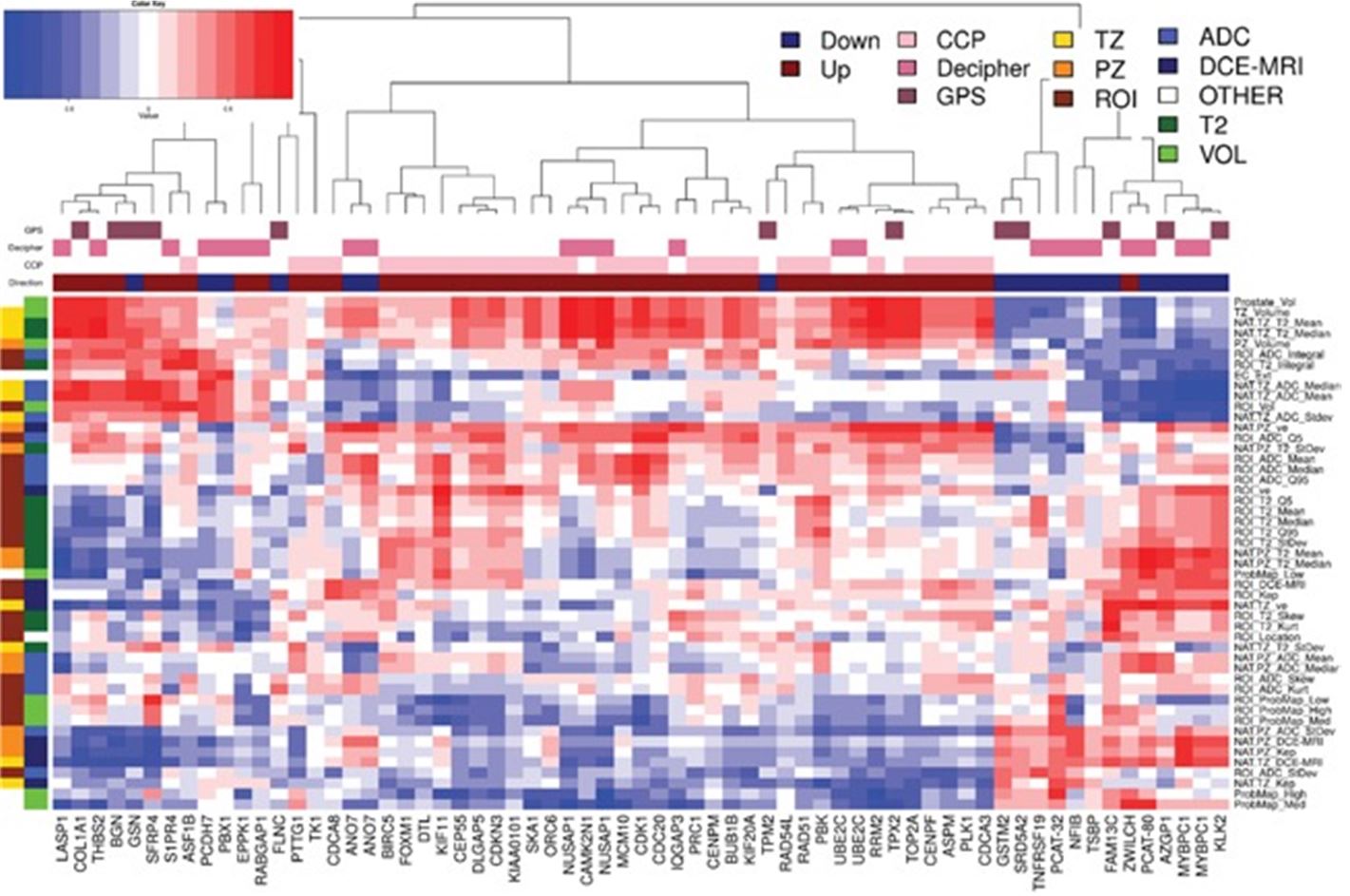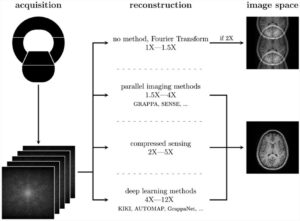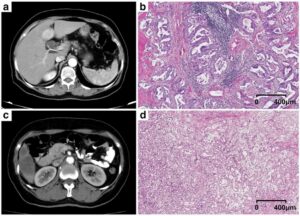In oncology, we are in the era of personalized medicine that enables increasingly precise, often molecular-based approaches (genomics, transcriptomics, proteomics, metabolomics, etc.) to disease treatments and prevention strategies for our patients.
Molecular testing remains expensive, invasive, and time-consuming, and thus unavailable for all patients. In addition, invasive tumor sampling only provides a snap-shot of often heterogeneous tumors and is not representative of the tumor in its entirety.
I believe there is a unique opportunity for advanced medical imaging enhanced with AI which can provide a more comprehensive view of the tumor in its entirety via radiomics and radiogenomics. Data from oncologic studies including numerous cancers such as breast, brain, gynecological, liver, kidney, prostate and lung malignancies indicate that radiogenomics can provide accurate imaging biomarkers substituting for genetic testing that can be used to personalize treatment. Radiomics/radiogenomics can also be used to predict cancer risk and patients outcomes. However, we have to be aware that we are still in the early days of clinical implementation and larger prospective studies and standardization are needed to validate radiomics/radiogenomics biomarkers.
Key points
- Current radiomic and radiogenomic studies are limited to few common cancers.
- Radiogenomics may provide accurate imaging biomarkers, substituting for genetic testing.
- Radiomics/radiogenomics biomarkers may predict risk and outcomes.
- Radiomics/radiogenomics biomarkers may be used to personalize treatment options.
- Larger prospective studies and standardization are needed to validate radiomics/radiogenomics biomarkers.
Article: Combining molecular and imaging metrics in cancer: radiogenomics
Authors: Roberto Lo Gullo, Isaac Daimiel, Elizabeth A. Morris & Katja Pinker













